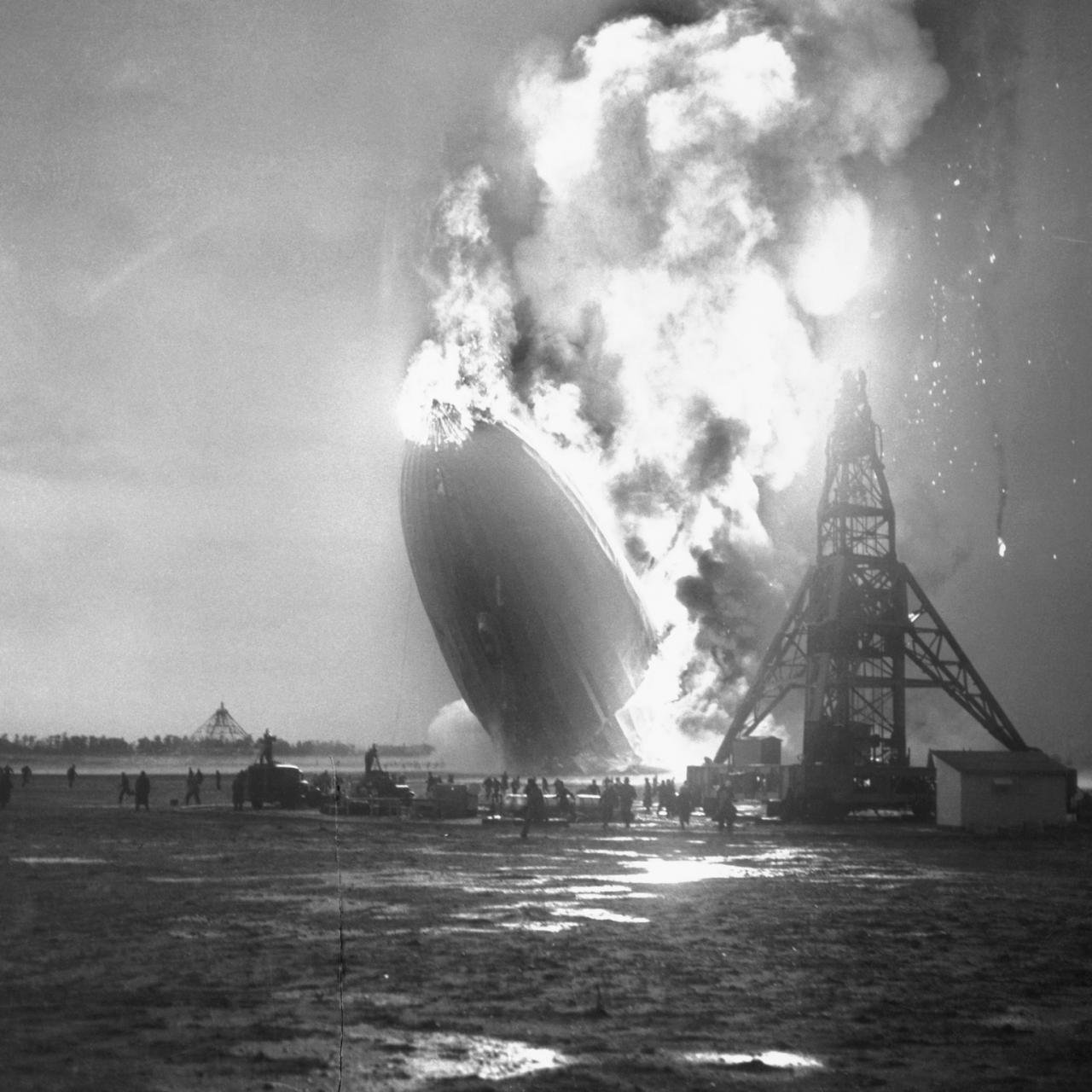War of the Worlds
Radio Drama by Orson Welles
1938
Click on the image to listen to the 1938 broadcast
On Sunday evening, October 30th, 1938 listeners of the Mercury Theater on the CBS Radio Network were privy to a special presentation by visionary entertainer, Orson Welles. He was going to tell his version of HG Wells’ story, The War of the Worlds, but using the format of a news broadcast instead of the radio play template that had become standard. The radio drama was groundbreaking in several ways, making “The War of the Worlds” not only iconic, but an outstanding primary source of the late Depression Era America.
The 1930s are often remembered as the Golden Age for motion pictures, and it absolutely was, but arguably it was radio that enjoyed the American pop culture spotlight during the Depression years. It doesn’t need to be explained how much more accessible radio was and is than movie theaters, not to mention their very low cost of operating in an era when people were pinching pennies.
But it’s not just the effects of the Great Depression on society and culture that is revealed with “The War of the Worlds” on the radio, it’s late-interwar era American isolationism, and all the anxiety and paranoia that came with it that shows itself as well. He may have claimed otherwise after the fallout of the panic-inducing radio broadcast of his, but Orson Welles absolutely knew what he was playing to when putting together and performing this rendition of the story in the style of a news broadcast.
Just as it’s debatable how big of a panic the Martian-invasion story caused, it’s hard to tell who learned more from the experience—listening audiences to not believe everything the radio tells them, or Orson Welles for learning that pushing boundaries in media will have a big pay off.
-Eric Salmonsen, EPS
Listen to the original conversation
Gallery
Orson Welles resurrected a story from 40 years earlier to make into a radio play. Provide images and links to other popular media of the 1930s that did something similar.



